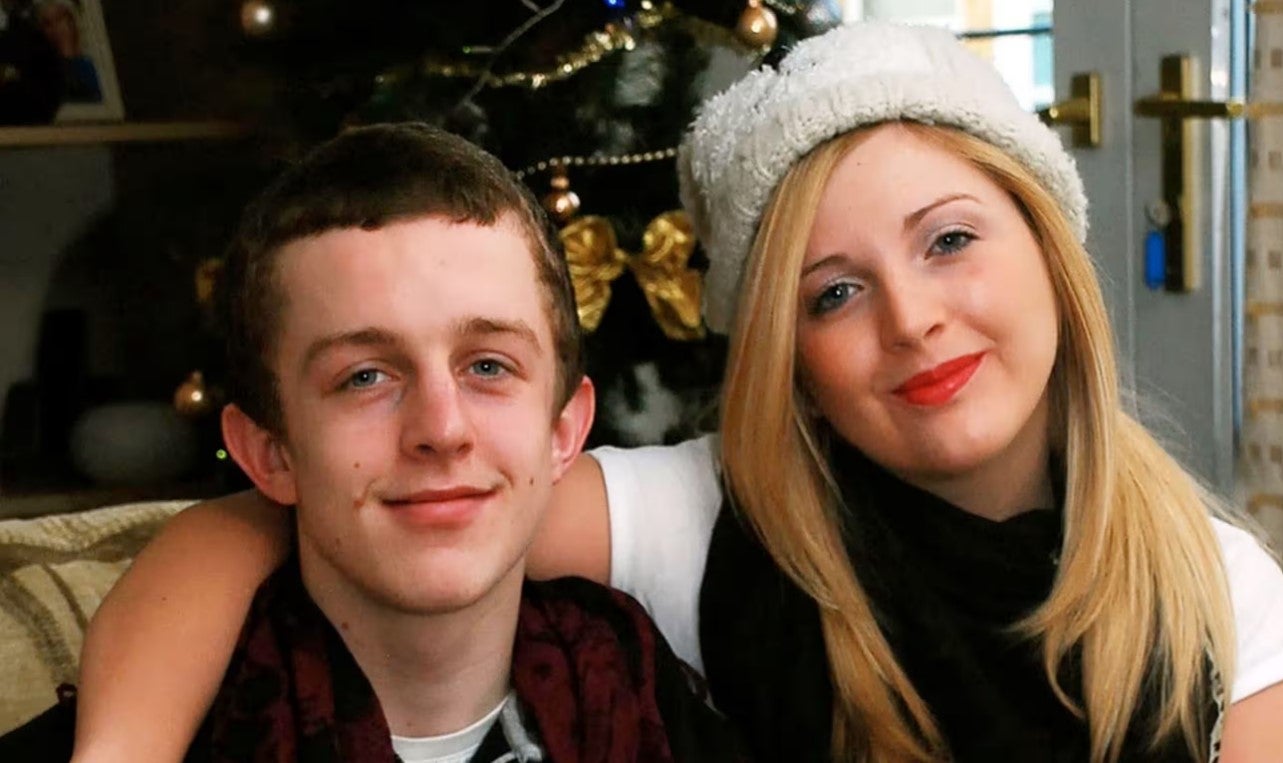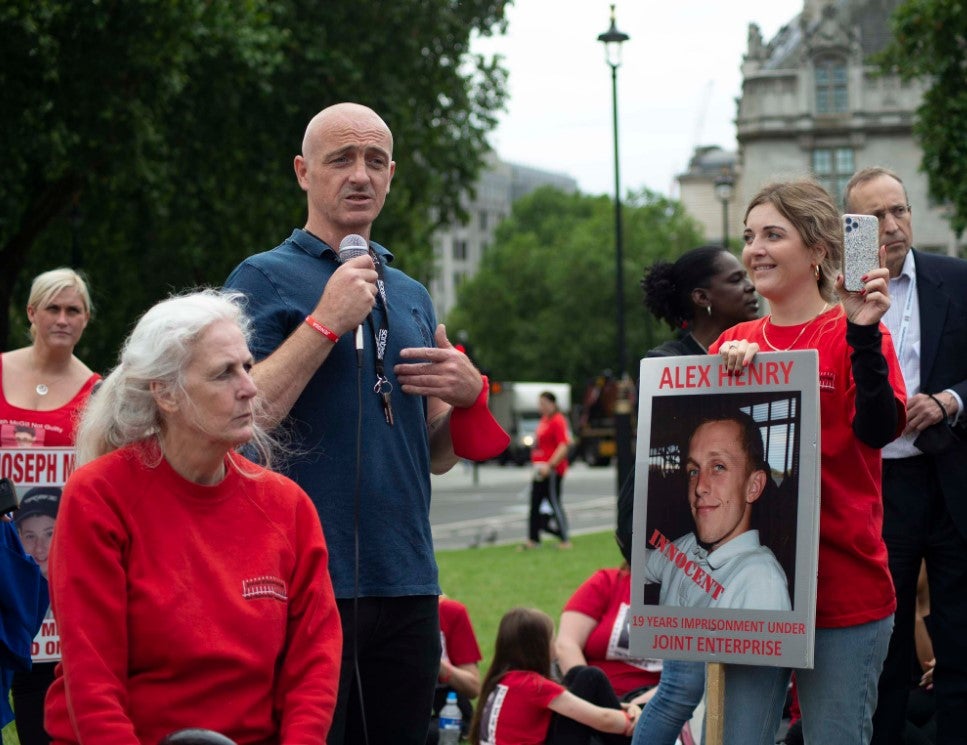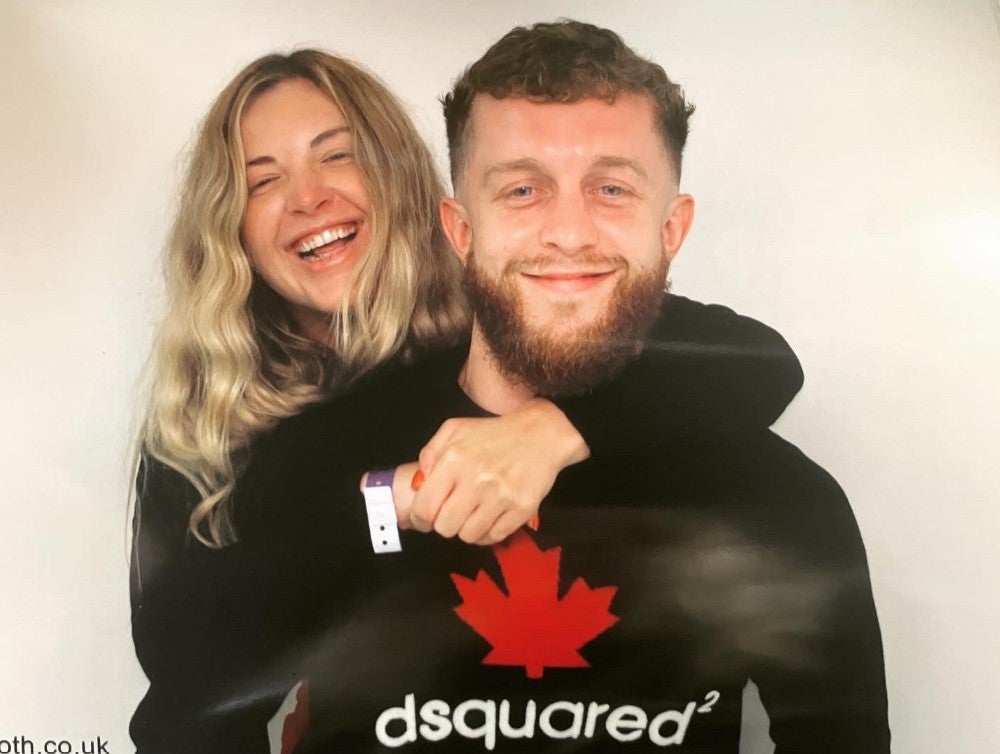Autistic man still locked up for murder under joint enterprise laws 10 years after friend stabbed stranger
Despite Alex Henry running from the scene and being diagnosed with autism, he remains behind bars

Your support helps us to tell the story
From reproductive rights to climate change to Big Tech, The Independent is on the ground when the story is developing. Whether it's investigating the financials of Elon Musk's pro-Trump PAC or producing our latest documentary, 'The A Word', which shines a light on the American women fighting for reproductive rights, we know how important it is to parse out the facts from the messaging.
At such a critical moment in US history, we need reporters on the ground. Your donation allows us to keep sending journalists to speak to both sides of the story.
The Independent is trusted by Americans across the entire political spectrum. And unlike many other quality news outlets, we choose not to lock Americans out of our reporting and analysis with paywalls. We believe quality journalism should be available to everyone, paid for by those who can afford it.
Your support makes all the difference.An autistic man has spent more than 10 years behind bars under joint enterprise laws for murder after his friend stabbed a man to death during a fight.
For Alex Henry’s family, their lives changed overnight when he set off with his friends for a day shopping in west London, which would result in his mother receiving a phone call from police to inform her that he had been arrested for murder.
While in Ealing Broadway on 6 August 2013, Henry and his friends became involved in a confrontation with four random older strangers, which resulted in belt buckles being used as weapons and punches being thrown.
After entering the scene late, Henry admitted, he threw a mobile phone and landed one punch before running away. Unbeknownst to him however, one of his friends, Cameron Ferguson, had concealed a knife in a carrier bag and used it to kill one man, Taqui Khezihi, and wound another.
It was only later that day that the then 21-year-old would discover that a stabbing had occurred during the 45-second scuffle, and that the victim had died a short while later in hospital.

With his partner pregnant with his daughter, his family had felt relieved when Ferguson pleaded guilty to murder, telling Henry “you can be a father now”. Despite this, and there being no evidence that Henry was aware of the knife, an Old Bailey jury convicted him for murder under “joint enterprise”.
Under the controversial joint enterprise law at the time, Henry and another associate were deemed by the jury to have been able to foresee that their friend had a knife, with the prosecutor arguing “friends tell each other everything”. The jury were not told he was autistic and had been incorrectly directed on the law.
Despite the law on joint enterprise changing in 2016 and several reports confirming to the court that Henry was autistic, attempts to free him from prison have so far failed. He is now set to appeal to the UN Committee on the Rights of Persons with Disabilities (CRPD), in the hope that they will decide the UK government should take action.

“For Alex to have been convicted as a joint accomplice to murder, he would have had to know his friend intended to cause at least really serious bodily harm which is not possible when he was not even aware there was a knife,” his sister Charlotte, who has trained as a criminal lawyer, told The Independent.
“Given the spontaneity of it and the fact there was no verbal communication between the two groups, it would have been very difficult for Alex, especially as an autistic person, to foresee what would happen.”
Her brother was first diagnosed with autism in 2015, and has since received three reports which have been submitted to the Court of Appeal, all of which determined it would have been “very difficult” for him to predict that a knife would have been used in the scenario.
Top psychologist Professor Simon Baron Cohen previously gave evidence to the court after assessing Henry, and likened his case to “convicting someone for walking into a wall and then realising they were blind”.

Yet despite this, the Criminal Cases Review Commission has refused to refer the case back for appeal, and a mercy petition to the previous government’s secretary of state for justice was also rejected.
Among many others jailed under joint enterprise, Henry and his family are campaigning to bring reform to the law, and have argued that criminal liability should only apply to those who made a “significant contribution” to the offence.
When the Supreme Court ruled in 2016, in the landmark case R v Jogee, that juries had been directed incorrectly for 30 years and a defendant must have intentionally assisted or encouraged a crime to be convicted, Henry’s family had hoped this would lead to his early release.
However, the change was not applied retrospectively, meaning that he has languished behind bars for over a decade, after being given a life sentence with a minimum term of 19 years before he can even apply for parole.
With the assistance of Felicity Gerry KC, a defence barrister who led the R v Jogee appeal, he is now appealing to the UN’s CRPD in the hope that they intervene with his case, and appeal directly to the new Labour government.
Dr Gerry KC told The Independent: “Alex has been affected by every problem in the justice system relating to ‘joint enterprise’ and his conviction is totally unsafe.
“It’s beyond me how he’s still in prison, morally or legally. We know the law was wrong, the jury didn’t know about his autism and so it is beyond me how that has occurred in the 21st century when so much is known about young people with neurodiverse conditions.”
Jan Cunliffe, co-founder of the campaign group Joint Enterprise Not Guilty by Association (JENGbA), added: “Alex is a great example of the poor quality evidence used and the fact that people with disabilities don’t have the same access to justice
“We’ve got other autistic men, women and children, and the vagueness of joint enterprise is very good at trapping those individuals,” she said.
Henry’s family now hope that this application to the UN Committee will successfully argue that the UK has discriminated against him, by not taking his autism into account.
“Because his autism is an invisible disability, it’s not being believed,” Charlotte said.
Speaking of the last decade, she said it had been “incredibly stressful” for her brother, who is currently in his second year of an Open University degree in sports, fitness and coaching, which he is taking while an inmate at HMP Dovegate.
“Me and my mum have gone through serious bouts of depression, but Alex has remained so strong for us,” she said. “It’s the sense of injustice that has caused the most damage out of all of this.”
Join our commenting forum
Join thought-provoking conversations, follow other Independent readers and see their replies
Comments